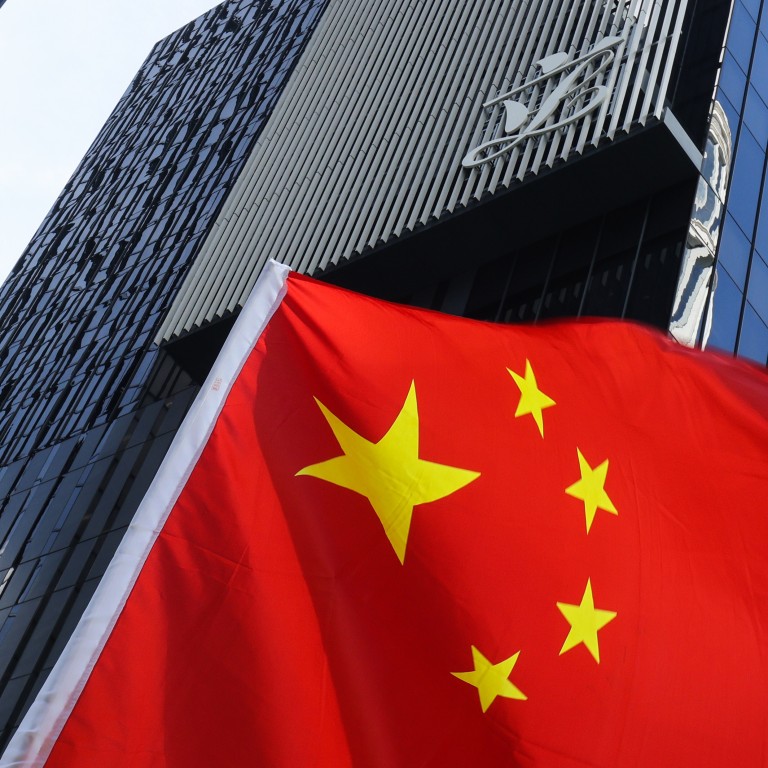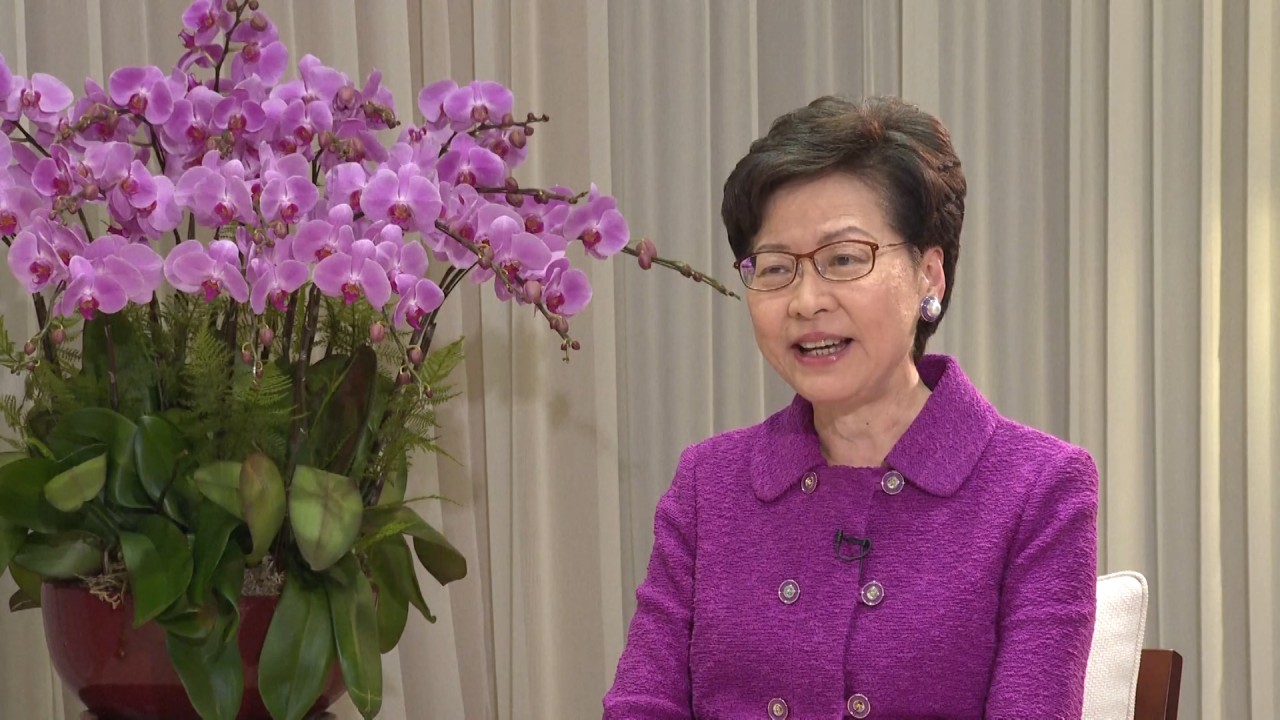
Why Hong Kong’s era of patriots is a reset for all political parties, not just the opposition
- The district councillors facing the consequences of new oath-taking legislation are not alone
- The pro-establishment camp is also struggling to remain relevant because, in the new political ecosystem, the centre of power has shifted to the Election Committee
This is not only going to be a blow to whatever remains of this city’s opposition, but also the communities left without representation. The impact of this political existential crisis will be felt far beyond the opposition camp.
And so, it’s out with the old but not necessarily in with the new when it comes to the city’s 18 district councils. Those who remain in office will have to work out how they’re going to serve the rest of the term amid empty chairs and tables.
The fact is that they are not alone. The pro-establishment camp, too, is going through an existential crisis. The grass-roots and community work that traditional parties have used for decades to build credibility is no longer the determining factor in the calculus of political power.
With district councils sidelined, and the influence that comes with community-based support diluted in the Legislative Council and the Election Committee, pro-establishment parties are scrambling.
When community work is no longer considered politically valuable, it can break parties like the Democratic Alliance for the Betterment and Progress of Hong Kong.
Perhaps that’s why we are seeing the DAB run what is essentially a political cram school, with a star-studded line-up of speakers, including former chief executive Leung Chun-ying, teaching governance in a new political era. Maybe Hong Kong’s largest pro-establishment party can reinvent itself as the leading tutoring centre for aspiring patriots wishing to administer this city.
It’s clear that Beijing’s electoral overhaul of Hong Kong is affecting everyone along the political spectrum.
Although Ip said that the lucky draw isn’t meant to boost party membership, it is strictly limited to fully vaccinated party staff, party members or “friends” of the party.
It may not be a recruitment drive for the party; Ip even said that being a “friend” of the party doesn’t require any political commitment. However, Ip has sailed through many a rough sea, and as her party goes corporate and runs its own vaccination lucky draw, it is surely indicative of a new direction. Hong Kong politicians are navigating uncharted waters, and only time will tell what this odyssey will bring.
Alice Wu is a political consultant and a former associate director of the Asia Pacific Media Network at UCLA


